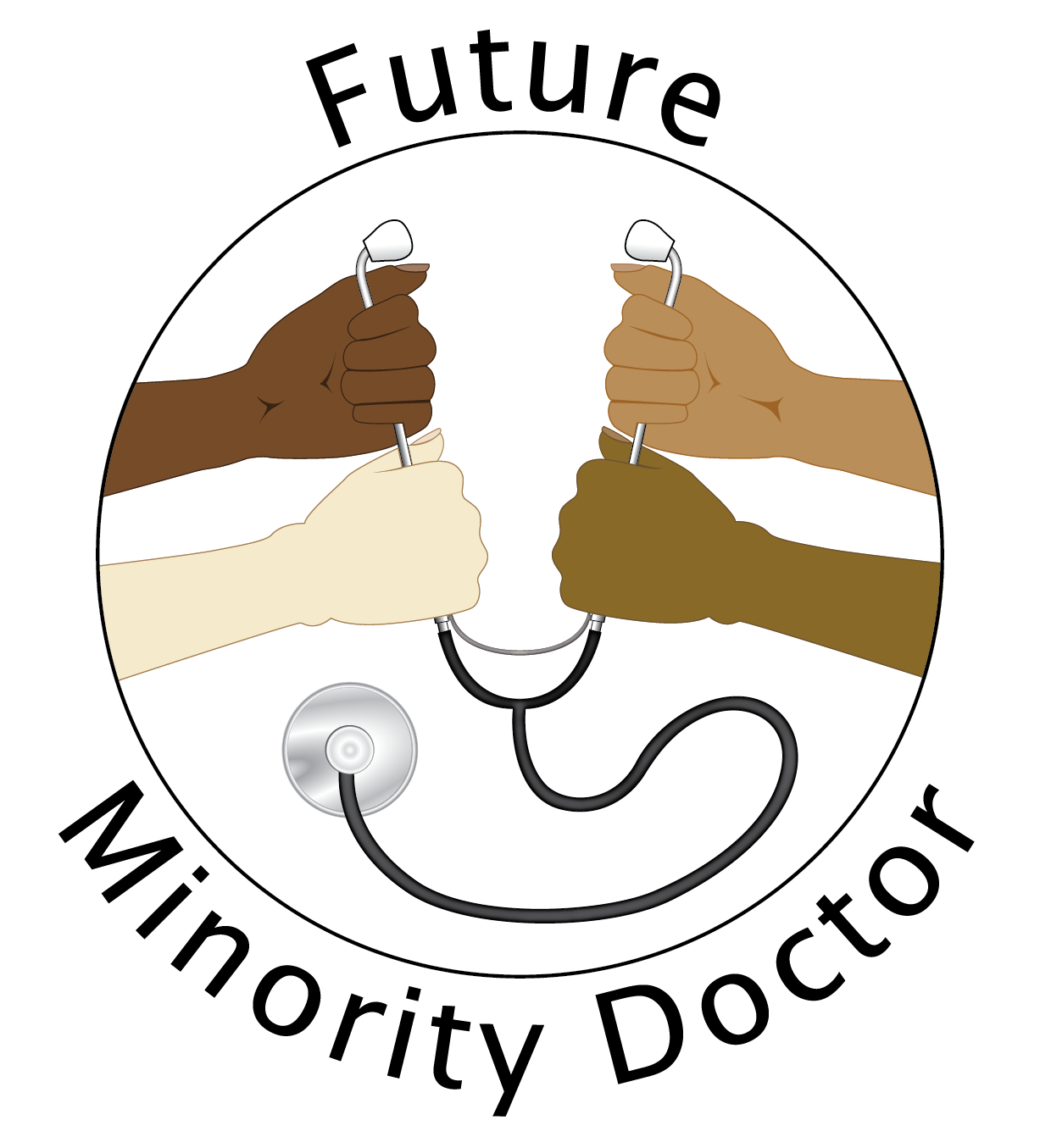Dr. Marina’s Personal Statement
NOTE: I wrote this personal statement way back in 2004, when “holistic review” (looking at all aspects of a person’s application, not just numbers) was not a common practice at medical schools. This is why I felt the need to explain my academic struggles and weave them into a larger narrative around my unique background and motivation to serve underserved communities. Today, more and more medical schools are considering the whole person, not just GPA or MCAT score. Some medical schools even keep committee members from seeing these numbers during their holistic review. The decision of whether to try to explain academic struggles or not is an individual one. However, if you do feel the need to do so, this is a good example of how to do so while also focusing on the bigger picture of WHY you want to become a doctor.
—————————
Until the age of fifteen, the only doctors I knew were on television. For me and my four brothers, medical care was a cabinet in my parent's bedroom containing Mexican herbal remedies, cheap antibiotics purchased in Tijuana, and a few sterile needles my mother used to give us injections when needed. It would be many years before I could name what I experienced as inequity--for the time being, that was simply the way things were.
I passed through thirteen years of elementary and secondary education in much the same way, unaware of educational environments very different from the schools of my 85%-minority southern California "barrio." By the time I graduated from high school, I recognized financial disparities, but still believed that my stellar academic performances and long list of extracurriculars were proof that I had at least fought my way onto equal academic ground. When I arrived at Stanford, however, the extent of the inequities in my education compared to that of many of my classmates became painfully apparent. I had entered college with the inchoate dream of becoming a doctor, but subjects that I had previously excelled at now seemed insurmountably difficult. With little support from my family, I had to ask myself why I should continue.
Unlike healthcare’s inaccessibility to me as a child, I realized that my educational disadvantage was something I could fight to overcome. Moreover, my decision to continue on the path toward a medical education would enable me to fight for equality in the health care system that had been denied to me as a child. This decision meant I had to experiment with new study strategies, overcome a fear of asking too-simple questions, and forego some extracurricular activities. Improvement was gradual, but by my senior year I could see a notable difference in my ability to grasp and retain new concepts, my capacity to analyze and generate ideas, and in my course grades.
As I struggled, I also discovered rewards along the way. Although synthesizing the whole of immunology or organic chemistry was a difficult task, I could not ignore twinges of excitement I felt when I learned for the first time about protein synthesis, antibody gene rearrangement, or Diets-Alder reactions. I recall once rushing to class and being distracted by a paper cut on my finger--instead of seeing a minor annoyance, I could see a fascinating, branching cascade of clotting factors at work. I sought out other ways of engaging my interest in science, including a semester spent sailing the Atlantic Ocean to study eel migrations. This immersion in marine biology provided a thrilling enough adventure, yet in the end, I still felt a world of human needs and opportunities calling to me.
To better understand the health care inequity I came to recognize, I audited a class specifically about the health care system in America. Through this class, I joined a project headed by its professor, Donald Barr, working with the California Rural Legal Assistance Foundation (CRLAF) to investigate occupational health and safety concerns of California farm workers. I reviewed hundreds of Spanish surveys, almost every one of which documented fear of seeking medical attention from the very communities whose crops they provided. The ongoing injustice of migrant workers' lives helped galvanize my commitment to understanding the cultural complexities that underlie health care disparities and qualifying myself to help alleviate them.
For a closer look at the day-to-day world of medicine, I shadowed exceptional physicians in cardiology and pediatrics during my sophomore and junior years. I marveled at the trust patients placed in these men and women, as well as the meticulous care and genuine concern their physicians gave in return. It was frustrating, however, to sometimes see linguistic, cultural, or gender differences hinder such a relationship. I became interested in strategies for breaching these barriers from within the medical profession and began by taking a course in Spanish for Medical Students, where cultural competencies were learned and practiced. These skills will become more important since, as I discovered through a research project for a Sociology class, data from the AMA, AAMC and US Census Bureau reveal a widening gap between the Hispanic U.S. population and Hispanic physician workforce. Most recently, I have begun volunteering at Pacific Free Clinic in San Jose and at Lucile Packard Children's Hospital in attempts to make what contributions I currently can to medically underserved individuals.
Looking back, I can appreciate my childhood experience for the motivation it provided while pushing through college, and for the inspiration it provides me in seeking to enter the medical profession. Similarly, I am grateful for the academic challenges; although I learned many biological concepts at Stanford, my greatest accomplishment was overcoming years of educational inequity. Now I hope my next great accomplishment will be to be become the doctor that I never knew and that many others continue to never know--to use my newfound scientific knowledge and skills, in combination with my unique life perspective, to assist in overcoming inequities in today’s healthcare systems.
Character Count: 5247 (limit is 5300)

